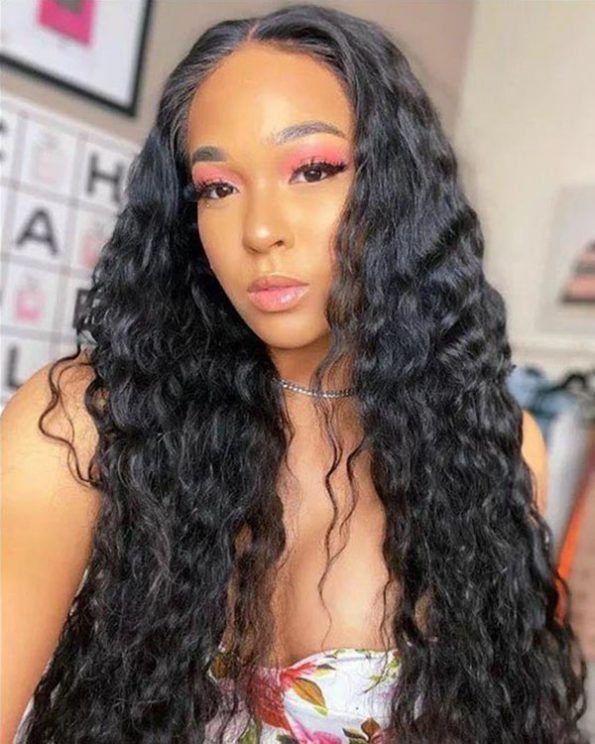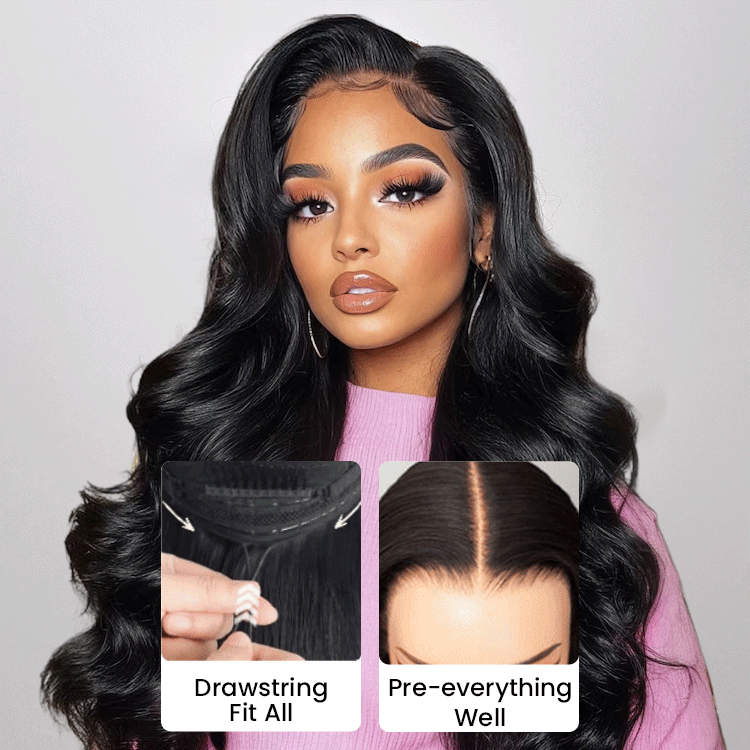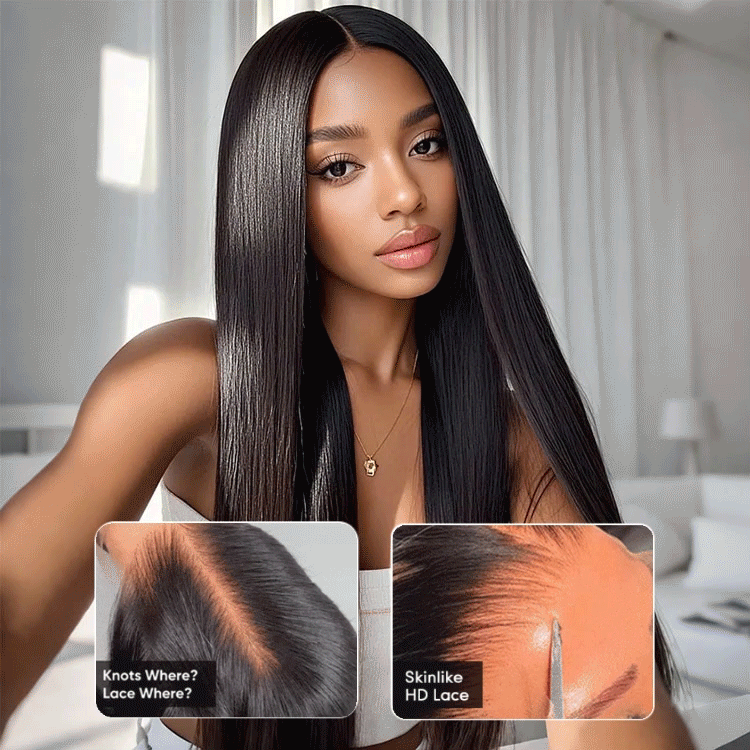Water wave wigs are becoming increasingly popular as a fashionable and convenient way to switch up your look. Whether it’s for a special event or just to try out a new style, water wave wigs are a great way to express yourself and make a statement. But with so many choices available, it can be difficult to know where to start. This guide will provide an overview of the different types of water wave wigs, how to care for them, and tips for styling.

Types of Water Wave Wigs
There are several different types of water wave wigs to choose from. The most common are synthetic, human hair, and lace front wigs. Each type has its own advantages and drawbacks.
Synthetic wigs are the most affordable and durable option. They are also the easiest to care for, since they don’t require any special products or tools. However, they don’t look as natural as human hair wigs and don’t last as long.
Human hair wigs are the most realistic-looking option, since they are made from real human hair. They are also the most expensive and require more upkeep, since they need to be washed and conditioned regularly.
Finally, lace front wigs are a popular choice for those who want a more natural-looking hairline. They are made from a thin, breathable material that is attached to a wig cap. This allows the wig to be styled in a variety of ways and look more natural.
Caring for Water Wave Wigs
Caring for your water wave wig is essential to ensuring it looks its best and lasts as long as possible. Synthetic wigs should be washed every two to three weeks using a mild shampoo and conditioner. Human hair wigs should be washed every week, using a mild shampoo and conditioner specifically designed for wigs.
It’s also important to use a wide-tooth comb to detangle the hair, and be sure to use a low heat setting when styling with a blow dryer or curling iron. In addition, avoid using excessive amounts of styling products, as this can cause buildup and damage the wig.
Styling Tips
When styling your water wave wig, it’s important to start with clean, dry hair. Begin by brushing out any tangles, then use a wide-tooth comb to separate the waves. If you’re using a curling iron, be sure to use a low heat setting and wrap the hair around the barrel in sections.
For a more natural look, use a light-hold hairspray or mousse to give your style extra hold. For a more dramatic look, use a stronger-hold hairspray or styling gel to help keep the waves in place.

Conclusion
Water wave wigs are a great way to switch up your look and express yourself. There are several types of wigs to choose from, and it’s important to take proper care of them in order to ensure they last as long as possible. With the right care and styling tips, a water wave wig can be a stylish and versatile addition to your wardrobe.


